How to Prepare for a Music Audition
Many students are getting ready to audition for music high schools and colleges in the fall and wondering what the audition will be like. Auditions can go very well as long as you are prepared. Although auditioning for a panel of judges can seem intimidating, the auditioners are usually very friendly and supportive. Remember that you are auditioning to study music, if you were perfect at everything in the audition you wouldn't need to go to school! Before your audition make sure you collect as much information as possible about what will be required.
Additional practices to follow:
Do what you do best
If you're great at playing country music.. play a country song, or if you're great at playing R&B music, go with that. Unless the audition guidelines explicitly say you have to play a certain style of music don't play a song just for the sake of it's style or complexity. Do what you do best and you will shine.
Read the guidelines
Make sure you come prepared with exactly what you are supposed to. Be sure to bring extra copies of the sheet music you are playing from.
Prepare early
Don't wait until a week before the audition to pick your piece. If you leave months to prepare instead of weeks you won't have a thing to worry in the audition room and can focus on playing musically rather than worrying about the notes or lyrics.
Dress nicely
Wear something comfortable that also makes you look professional. For most auditions you can't go wrong with black slacks and a nice shirt.
Arrive early
Make sure you arrive with plenty of time to get settled and warm-up.
Poker face
Don't assume what the judges are thinking based on their reactions during your performance. Often times the judges try to stay very neutral in their reaction so as to be fair in the process. They may be only say a few words, even if they were completely blown away by your performance.
Common tasks you will be asked to perform at an audition:
Performance piece
One to three pieces that showcase your talent. If you are asked to play more than one song, make sure they are different tempos or styles.
Improvisation
You will usually be asked to improvise over a blues form. If you aren't familiar with improvising, practice playing or singing the blues scale in different keys, then changing around the order of the notes. If you are singing, remember you don't only have to you scat syllables, you can also pick a word or phrase sing over.
Sight reading
You will often be asked perform a sight reading exercise. You will usually start at a very basic reading level and be asked to proceed to more advanced reading exercises until your level is determined. Get an exercise book at home to practice out of. For singers, learning solfege can be very helpful.
Listen and repeat
You may be asked to repeat a melody that's played to you or repeat a rhythm that is tapped to you. You can practice these exercises with your teacher.
